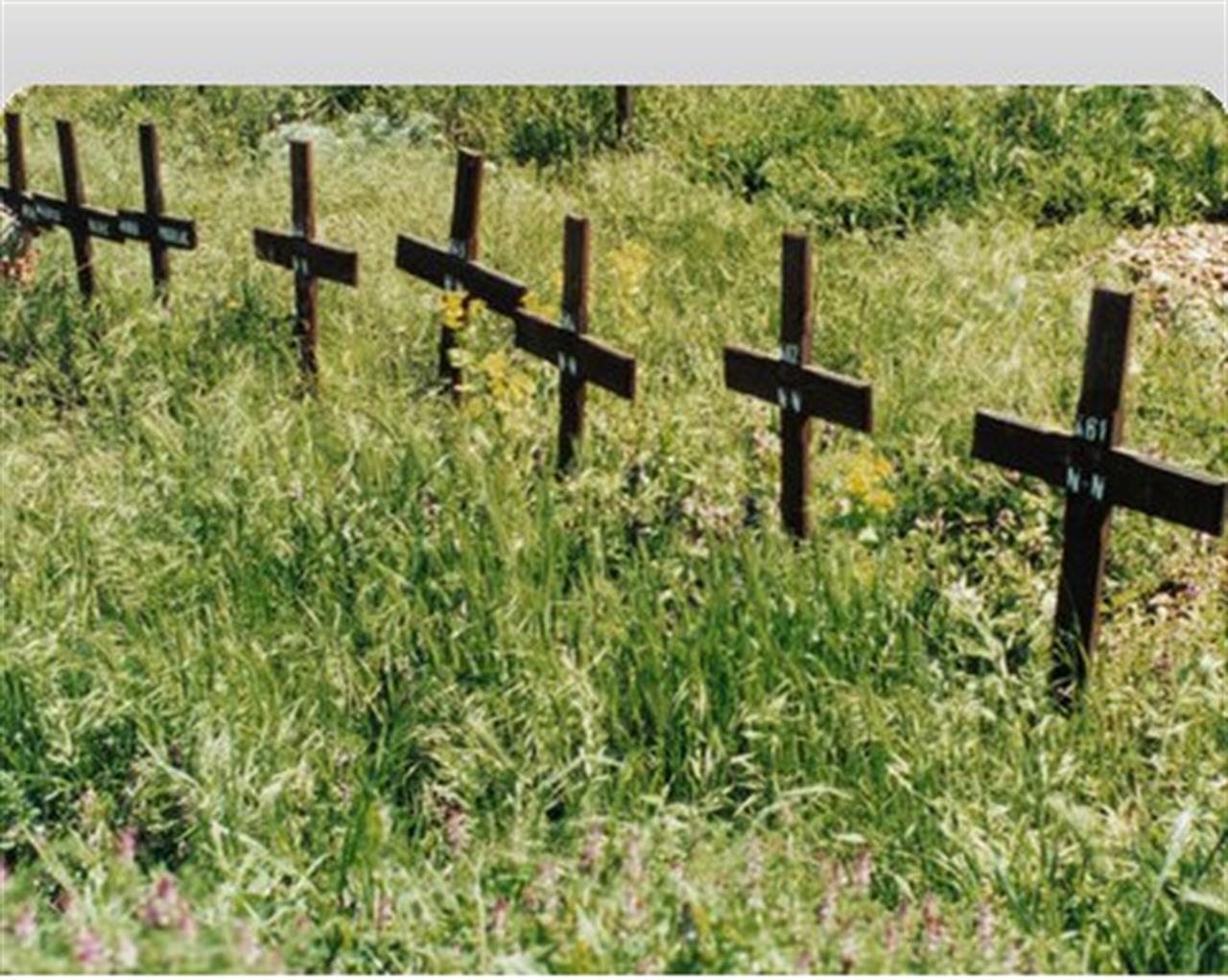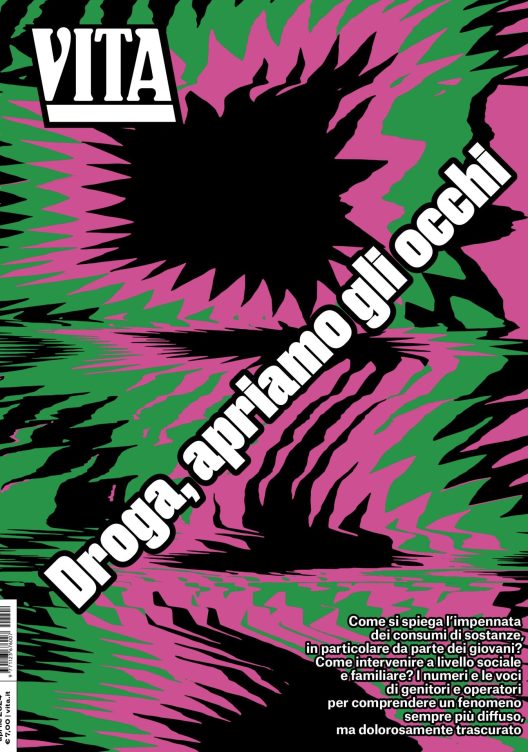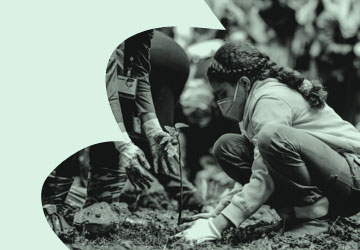Attivismo civico & Terzo settore
Serbia: The guilty must pay
Amnesty International calls on Serbian authorities to continue bringing those guilty of ethnic murders to justice
di Staff

As news of the conviction of the former head of the Serbian police force, Vlastimir Djordjevic, for war crimes, crimes against humanity and the murders of hundreds of civilians in Kosovo 12 years ago, is published by the world’s media, human rights organisation Amnesty International calls on Serbian authorities to redouble their efforts to ensure that all police officers and others suspected of the murder of ethnic Albanians and involvement in the cover-up operation, are brought to justice.
“Serbian official’s war crimes conviction closes chapter in the Balkan wars”, reads the Deutsche Welle headline announcing the International Criminal Tribunal for the former Yugoslavia’s (ICTY) sentencing of 62 year old Djordjevic. And yet according to Amensty International, the chapter is all but closed.
Ðordevic, was found responsible for the murder of at least 724 Kosovo Albanians, most of them unarmed civilians, and a cover-up operation involving the removal of nearly 900 bodies from Kosovo for burial in Serbia. An article in the Independent highlights the brutalities committed, including an incident in which 114 men and boys were herded into a barn which was then set alight. In the verdict, the presiding judge, Kevin Parker, said that “in the majority of cases the victims, including many women and children, were civilians who were unarmed and not in any way participating in the armed conflict”.
Since 2001, the remains of 744 ethnic Albanians have been exhumed from a mass grave at a police base in Batajnica and 61 from a base in Petrovo Selo, where they had been taken as part of a coordinated operation to remove evidence of crimes committed by Serb forces on the orders of Slobodan Miloševic, then President of the Federal Republic of Yugoslavia. A further 84 bodies were also found near Lake Perucac. Some of the bodies of those believed to have been transported in trucks to Serbia have still not been found.
According to the International Committee of the Red Cross, a total of 1,822 ethnic Albanians, Serbs, Roma and others are still missing after the 1999 Kosovo war.
While Amnesty welcomes the conviction of the former chief of police, Amnesty spokesperson Nicola Duckworth, said that “the [authorities], in particular the Ministry of Interior Police, must provide every assistance to the War Crimes Prosecutor to bring those responsible to justice.”
Amnesty International has also called on the European Union-led police and justice mission in Kosovo to open an immediate investigation into the alleged involvement of Kosovo’s Prime Minister Hashim Thaçi in the post-war abduction of Albanians and Serbs.
Background
Vlastimir Ðordevic, former Assistant Minister of the Serbian Ministry of Internal Affairs and Chief of its Public Security Department, was found guilty of participating in a joint criminal enterprise in Kosovo in 1999, which included deportations, murders, forcible transfers and persecutions.
He was also found guilty of the deportation and forcible transfer of at least 200,000 Kosovo Albanians from the 13 municipalities listed in the indictment.??Vlastimir Ðordevic was indicted in 2003 but was not arrested until June 2007 in Montenegro. His trial began in January 2009 and concluded in July 2010. Five other high ranking Serb political, military and police officials including some of those identified as participants in the joint criminal enterprise – including Nikola Šainovic, then Deputy Prime Minister , and Sreten Lukic, head of the police staff for Kosovo, were convicted by the Tribunal of war crimes and crimes against humanity in February 2009.

